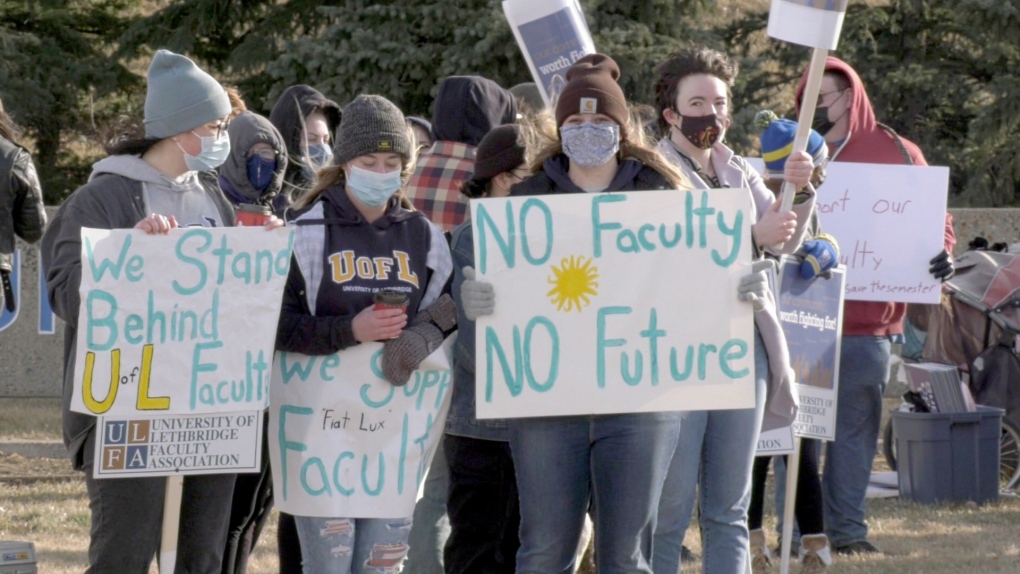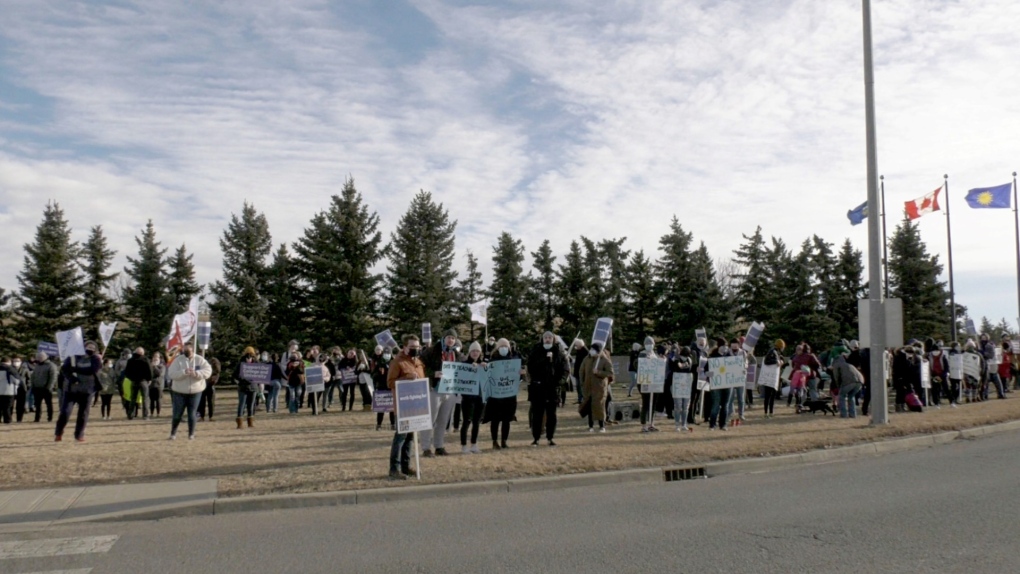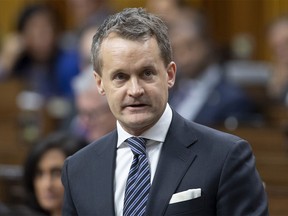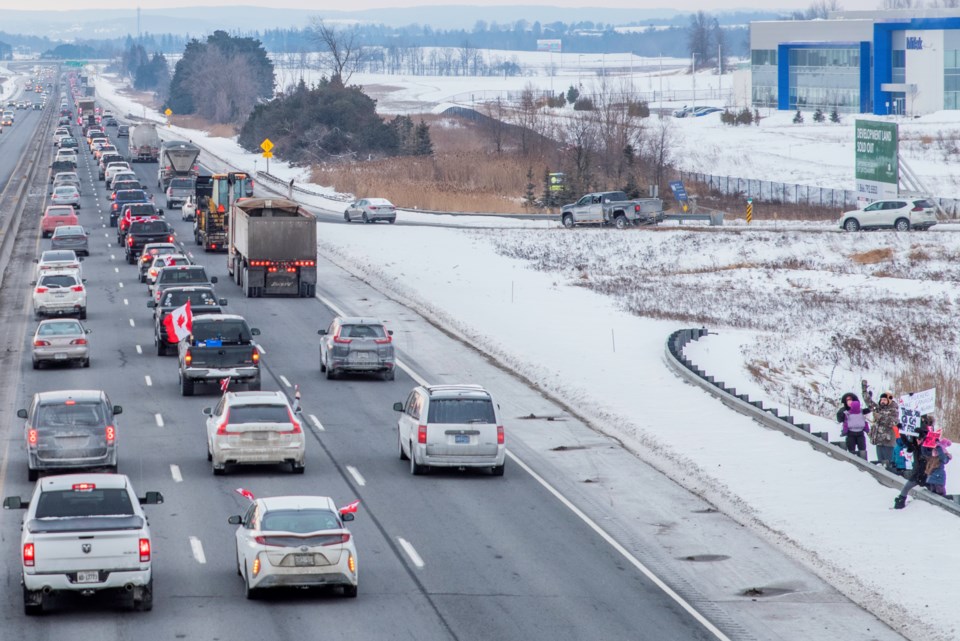Acadia University faculty union on strike, classes cancelled
Union represents 350 professors, librarians, archivists, and
instructors
Acadia University's 350 professors, librarians, archivists and instructors were on strike Tuesday and classes were cancelled after the union rejected the latest contract offer from the university.
The Acadia University Faculty Association said in a news release it had set a strike deadline of Tuesday at 12:01 a.m. local time after meetings with a provincially appointed conciliator "failed to result in substantial progress in negotiations."
The release said the conciliator filed a report declaring an impasse on Jan. 14, but discussions during the 14-day cooling off period failed to produce an acceptable offer.
The association's contract expired in July.
Union spokesperson Jon Saklofske, a professor in the English and theatre departments, said the union has been discouraged by the negotiations and feel the process has not been collaborative.
"We are at the core of this public institution's service. We were the ones that deliver the service to the enrolled here to get an education," Saklofske said in an interview,
"We just want to negotiate an agreement where faculty are aren't seen as a liability and that allows us to preserve and sustain the kind of education that Acadia delivers."
Saklofske said they are asking for salaries that do not fall below cost-of-living increases and also improvements to hiring processes to increase diversity among faculty, including dedicated positions for Indigenous faculty.
The union is also looking for a gradual increase in tenure-stream faculty to help meet increasing student enrolment, and improved wages and working conditions for part-time faculty, he said.
Dale Keefe, the university's provost and vice-president academic, said the university is taking negotiations seriously and is looking to get back to the bargaining table as soon as possible. He said the focus for now is making sure students are supported.
"I know the student services are working to provide tutoring sessions, provide additional activities on campus, study sessions — all of those sorts of things," said Keefe, adding there were also counselling sessions available.
Keefe said students "oviously are very concerned in terms of what does this mean for them and any sort of impact on their studies."
A message posted on the university's website Tuesday morning said all classes and labs were cancelled until further notice due to the strike, but all other campus operations and services would continue, and student supports were in place.
In a news release, union president Andrew Biro said faculty have gone "above and beyond" to support students through the last two years of the pandemic.
"Unfortunately the board has been unwilling to acknowledge the importance of faculty or recognize that decent working conditions guaranteed by a fair and equitable contract are paramount for us to continue to serve our important role in sustaining Acadia's strong academic programming," said Biro in the release.
Saklofske said the strike will follow COVID-19 protocols and plans are underway to accommodate members who cannot participate in picketing due to isolation requirements, being unwell or for non-COVID-related reasons such as mobility issues.
He noted that in November, 90 per cent of the Acadia University Faculty Association membership participated in a strike authorization vote and 94 per cent of those voted in favour of striking.
"This just shows the dedication of our members to collaborate with the administration to just furthering the excellent educational aspects of Acadia. It shows our determination and also our commitment," he said.
Georgia Saleski, vice-president of student life with the Acadia Students' Union, said it's been a difficult few weeks for students, who have been watching the negotiations amid returning to in-person classes following the latest wave of the pandemic.
"It's been an extremely challenging few years for anyone who goes to university," Saleski, a fourth-year kinesiology student, told CBC Radio's Maritime Noon.
"This strike presents a whole new set of challenges as now it's not only the question of whether or not we'll be in classrooms or online, it's the question of when we'll get back to our education."
Saleski said students are hoping to get back into the classroom as soon as possible and that accommodations will be made to ensure students are able to complete their work on time to finish courses and graduate as scheduled.
Jamie Penney, a second-year student, was out on the picket lines with striking employees "to support my teachers."
"I think it's unfair because we are paying full tuition if the strikes goes on for long, but the teachers deserve everything they're asking for," Penney said.














